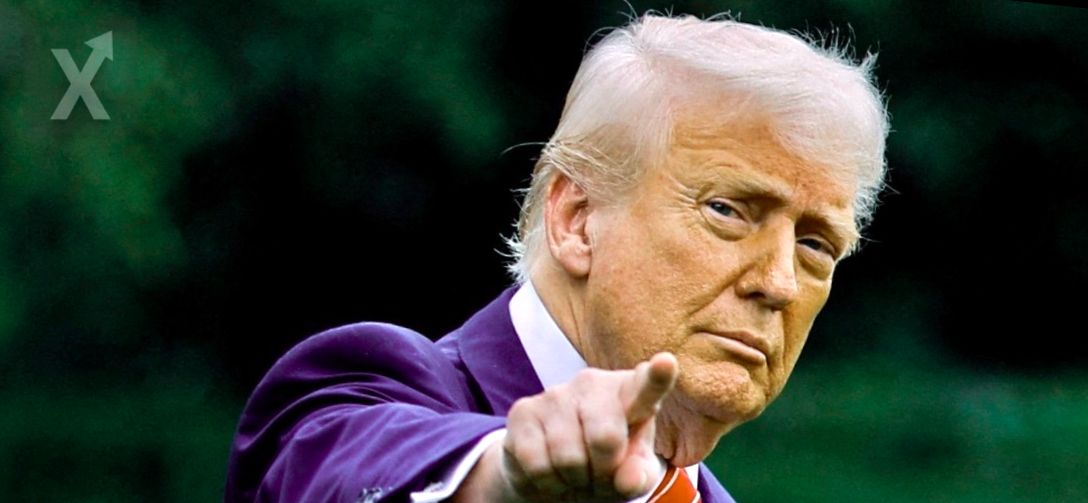Possible Increases in Tariffs on Imported Vehicles by the U.S. Could Impact the Mexican Automotive Sector

U.S. President Donald Trump announced on Thursday the possibility of once again increasing tariffs on imported cars as part of a strategy to strengthen domestic manufacturing. Trump, who returned to office in 2024, has maintained a protectionist stance on trade, including a 25% tariff imposed on foreign cars since the beginning of his term.
According to his recent statements, the U.S. president is considering raising this duty even further in the near future, arguing that it would encourage automakers to move their production to U.S. territory. Trump stated, “The higher it goes, the more likely they are to build a plant here,” sending a clear message to multinational auto companies.
The markets reacted quickly: shares of major U.S. automakers fell after the announcements. Ford dropped 1.6%, while General Motors (GM) decreased by 1.5% during the trading session. The U.S. automotive sector faces uncertainty amid the current tariff environment, with GM projecting an impact of up to $5 billion on its profits by 2025 due to trade policies implemented by the government.
In recent weeks, GM has held talks with the Trump administration that have resulted in some relaxation of tariffs on auto parts, although the cost of customs duties on finished vehicles—especially those coming from plants in South Korea—continues to pose a significant challenge for the company. Additionally, the U.S. government has imposed extra tariffs on steel and aluminum, as well as new customs duties targeting several trade partners, increasing pressure on manufacturers and suppliers in the sector.
The impact of these measures is particularly relevant for the Mexican economy. Mexico is one of the main exporters of vehicles to the United States, and the automotive sector is a cornerstone of Mexico’s manufacturing industry, generating thousands of direct and indirect jobs and contributing significantly to national exports. In 2023, nearly 80% of cars produced in Mexico were destined for the U.S. market, so any increase in tariffs could have a direct effect on production levels, foreign investment, and employment in the country.
In the face of an increasingly protectionist international environment, the Mexican auto industry will be confronted with growing challenges. While the United States-Mexico-Canada Agreement (USMCA) sets certain guidelines for regional auto trade, unilateral measures such as heightened tariffs could undercut Mexico’s competitiveness compared to other markets and disrupt North America’s integrated supply chain. If tariff hikes materialize, many companies may be forced to rethink their investment and production strategies, with long-term implications for both the sector and the Mexican economy as a whole.
In summary, the threat of new U.S. tariffs adds another layer of uncertainty to Mexico’s economic outlook, particularly for the automotive industry, which plays a critical role in export activity and job creation. How this issue unfolds will be a key factor in industrial and commercial planning for both countries in the medium and long term.





